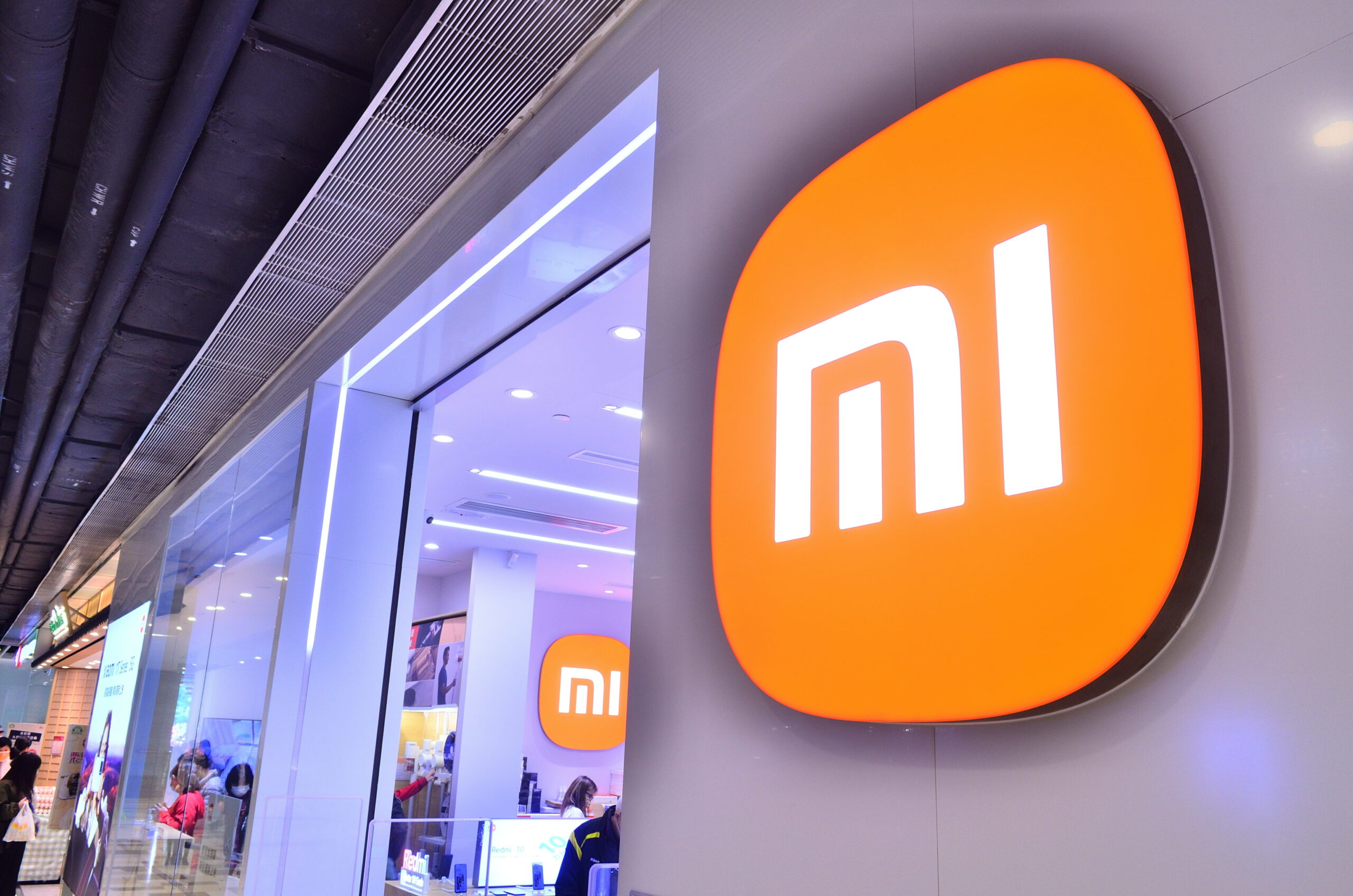Electric cars, will Xiaomi succeed where Apple failed?

While Apple cancels the self-driving electric car project, Xiaomi announces the sales date of its first sedan. The battery-powered vehicle market, however, is showing signs of a slowdown, and even in China the situation is complicated. All the details
Xiaomi, the Chinese electronics company known mainly for smartphones, announced in recent days the delivery date in China – March 28 – of its first electric vehicle model: a four-door sedan called SU7. The price, however, was not revealed.
The news, which came three years after it entered the automotive industry, caused an increase in the company's shares on the Hong Kong stock exchange, where on March 14, the day of the announcement, they gained over 11 percent. .
XIAOMI WANTS TO START PRODUCING ELECTRIC CARS
China is both the largest market for electric cars in the world and the largest producer. Beyond the foreign brands active in the country, such as the American Tesla, there are extremely competitive local companies: BYD, for example, has become the largest seller of electric vehicles on the planet. However, as Quartz notes, February saw a 12 percent year-over-year decline in electric and plug-in hybrid car sales in China, due to both weakening demand and Lunar New Year celebrations.
Xiaomi's stated goal, however, is to become one of the top five automotive manufacturers in the world. The company claims that its SU7 features very powerful electric power technology that would allow the vehicle to accelerate faster than models from Tesla and Porsche. To realize its ambition, Xiaomi has pledged to invest $10 billion over ten years in car manufacturing. The state-owned automotive group BAIC will be directly responsible for building the SU7 at a plant in Beijing.
WILL XIAOMI BECOME THE END OF APPLE?
One wonders whether Xiaomi will succeed where Apple has failed: even the Cupertino technology company, famous above all for smartphones, had in fact launched itself into the development of an electric and self-driving car, but in the end – after about ten years and an expense of several billion dollars – preferred to cancel the project , communicating the decision at the end of February.
According to Reuters , the electric vehicle market is now "much bleaker" than three years ago, when Xiaomi announced its entry into the mobility industry. The growth in demand for battery-powered vehicles is slowing down: in 2023 sales increased by 30 percent, compared to +60 percent in 2022. In China, i.e. Xiaomi's domestic market, a fierce "price war" is underway ” among car manufacturers, who are sacrificing their profit margins in order to undermine competitors and gain space: not exactly the best context for a manufacturer starting out.
According to Reuters , however, Xiaomi could still find a niche: the SU7's operating system could connect to the company's numerous devices – smartphones, tablets, cameras and more – to improve the user experience. Furthermore, Xiaomi is in good economic health: in 2023 it generated an operating cash flow of almost 19 billion yuan (over 2.5 billion dollars). For comparison, one of China's most popular electric vehicle brands, NIO, is expected to report a loss of 15 billion yuan this year, according to forecasts.
This is a machine translation from Italian language of a post published on Start Magazine at the URL https://www.startmag.it/smartcity/xiaomi-auto-elettriche/ on Sun, 17 Mar 2024 06:55:18 +0000.
